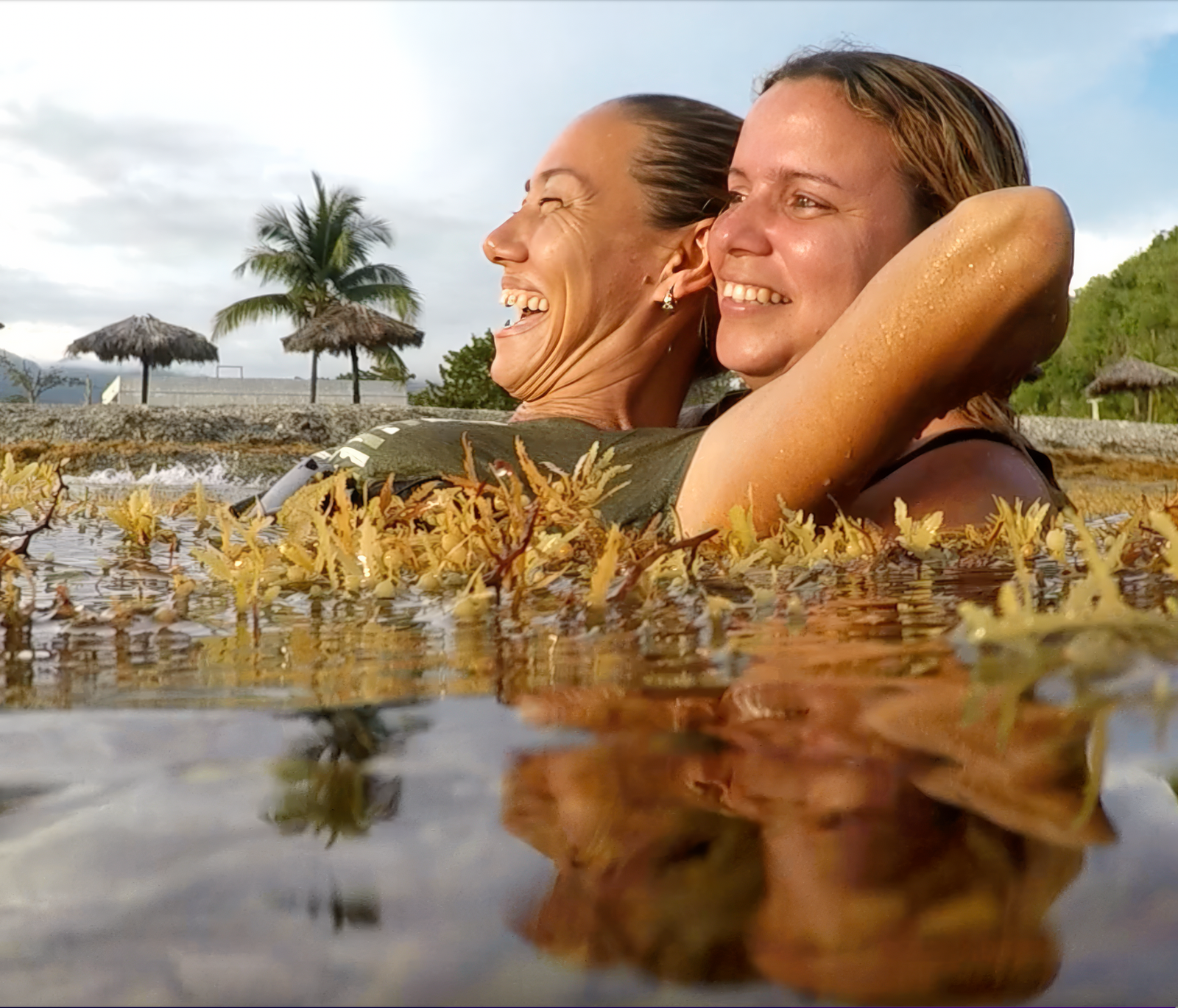Published
11 months agoon

“I prefer a dead son to a gay son.” That’s a harsh thing to say, but it’s a statement that Cuban parents used to make not too long ago. Mariela Castro Espín, the niece of Fidel Castro, shares this chilling sentiment within the first ten minutes of ¡Quba!, setting the tone for a documentary that unflinchingly explores Cuba’s journey toward LGBTQ+ acceptance. Her words immediately open your eyes to the deep-seated hatred that has fueled homophobia and discrimination in the country for decades.
The film directed by Kim Anno, presents a 70-minute deep dive into the struggle for LGBTQ+ rights in Cuba, highlighting historical perspectives and personal stories of activism and resilience.
As the film unfolds, Mariela Castro Espín also talks about her parents’ contributions to the fight for equality. Her mother was behind the first proposed Family Code in 1975, which advocated for marriage to be recognized as a union between two people without specifying gender. However, the Cuban people weren’t ready for this at that time, and the proposal was not accepted. It took nearly half a century for marriage equality to finally be legalized in 2022, a victory that was long overdue.
Another of the film’s standout voices is activist Ulises Padrón Suárez. He speaks passionately about the suffering trans people endure, often forced into fear and hiding. He also highlights the legal grey areas that still exist when it comes to LGBTQ+ rights in Cuba. He admits that whilst there has been some progress, the fight is far from over and the discrimination still remains.
The film also points out ‘religion’ as part of all this. Several churches in Cuba continue to spread messages of intolerance, reinforcing outdated beliefs about family and morality One religious leader captured in the film insists that LGBTQ+ identities go against “God’s original design” for the family. This captures how deeply ingrained some of these prejudices are and how difficult they can be to dismantle. But we also get to see some churches and their efforts to promote the acceptance of gay people in this film.
The documentary also gives space to several LGBTQ+ Cubans to share their lived experiences. They recall a time when being openly gay or trans was far more dangerous than it is today. For many, simply existing was an act of defiance. Now, while there is more acceptance, they see themselves as activists and revolutionaries with a responsibility to continue pushing for full equality. A fight they are committed to even if it means losing their lives.
El Mejunje is mentioned in the film as a cultural space that has become a haven for the LGBTQ+ community. It is described somewhere people can be their authentic selves, yet it is still viewed as a den of sin by some conservative Cubans. This too highlights the never-ending cultural battle that gay persons who are lovers and creators of art have to also deal with.
Historical context is woven into the film, including archival footage of Fidel Castro’s 1968 public speech in Santa Clara. You can tell that Castro was vocal about his opposition to discrimination, emphasizing Cuba’s diversity. But even under his leadership, LGBTQ+ individuals faced persecution, public ridicule, and abuse. The documentary does an excellent job of acknowledging these contradictions, showing that progress has been slow but steady.
Beyond its political and social themes, ¡Quba! also captures the beauty of Cuba itself. The streets, the people and the culture. It is all there, seamlessly and intentionally integrated into the narrative. The use of music also feels very intentional in the storytelling, reminding viewers of the artistic richness that is associated with Cubans.
However, the documentary does feel longer than necessary. Even with its 70-minute runtime, it felt like lingered too long on some points that had already been well-established. I feel a tighter edit could have made the film even more impactful. Nonetheless, it is clear that the intention was to leave no stone unturned, ensuring that every angle of the subject matter was touched on.
Also, the film does not attempt to force an opinion of acceptance on anyone but rather lays out the painful realities that LGBTQ+ individuals have faced and continue to face, leaving viewers to reflect on the necessity of change.
¡Quba! without a doubt is an important documentary that highlights both the progress and the ongoing struggles of Cuba’s LGBTQ+ community. It is a film that educates, provokes thought, and ultimately calls for a more inclusive future. It’s not entirely a perfect film, but it is a necessary one.
I will score it 3 out of 5 stars.
Second on my list of addictions is Movies.. the only thing I could possibly love more is my Dearest Waakye lol. Nothing else does a better job of reminding me that ANYTHING is possible with the right amount of effort. I have great eye for details and flaws in scripts. Shallow scripts bore me. I am an avid reader. Your everyday Mr Nice guy. Always the last to speak in a room full of smart people. Half Human, half Martian but full MOVIE FREAK.














